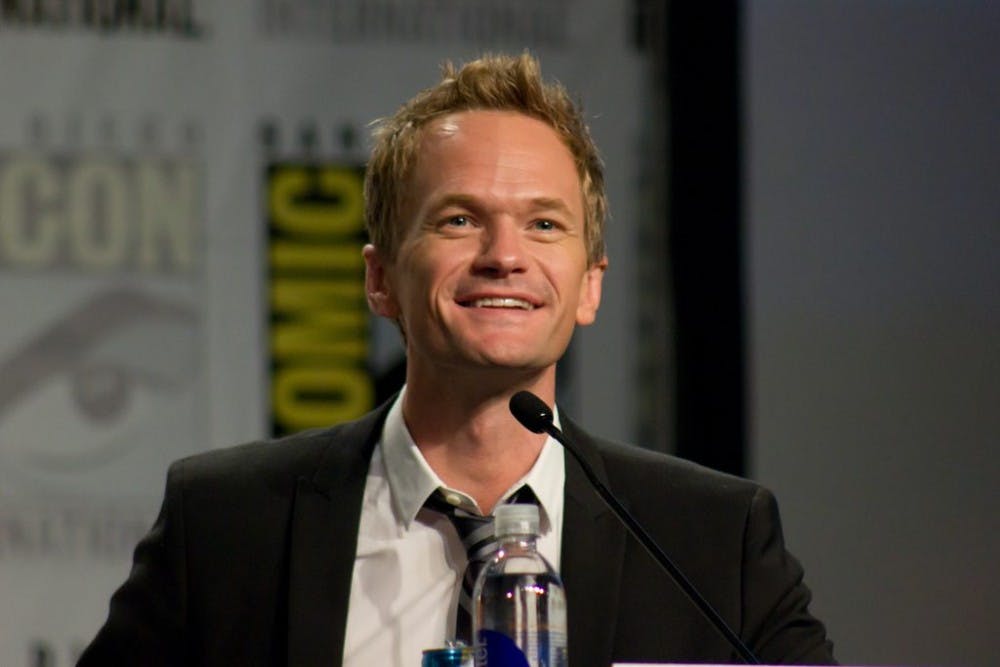The first page-to-screen adaptation of A Series of Unfortunate Events was released in 2004. I was 10, and despite positive reviews, I didn’t care for it. It lacks faithfulness to the original books and, as a child, this was essentially the sole barometer of a good film adaptation.
The new Netflix TV series mirrors the texts more accurately. With the role of narrator Lemony Snicket, who Patrick Warburton plays with stoicism and dry wit, elevated to a prominent character position, the TV show is also more tonally true to the original narrative. The film had a bittersweet ending. The TV show does not, but it does have a dark bait-and-switch that the books, in their particular form, were unable to showcase.
Without spoiling anything, there is a certain amount of hope presented for the Baudelaires, but in the final episode it’s revealed to be a red herring.
This is only fitting to the source material. The joy of reading A Series of Unfortunate Events as a child can be partially attributed to the search for a thread of hope in the midst of convoluted, quasi-Dadaist tragedy. Everything goes wrong. The heroes are shadow figures. The villains are right there, though, easy to spot and easy to grab.
Both the film and TV show have cast comedians in the role of Count Olaf. Despite differences in general acting style, Neil Patrick Harris and Jim Carrey play Olaf similarly. Carrey is, in his usual manner, more bodily invested in the character’s mannerisms. Harris is a bit more subdued, and his everyman face is more hidden in costuming and makeup than Carrey ever could be. Carrey was a manic, unserious villain.
There’s less humor in Harris’s portrayal and a bit more menace. Olaf is still as much of a blunderer as ever — the Baudelaire children outsmart him on a regular basis — but the most dangerous part of his character is always his ability to lurk. Harris does well with the role, but the TV series does an excellent job of revealing his character to be a fraction of the larger narrative.
The set design is probably the element of the show I most enjoyed. It’s stupendous. It shapes the form and mood of all eight episodes. This, too, is fitting to the source material.
A Series of Unfortunate Events lives in a distinctly hard-to-pinpoint world, one that could be anywhere in the West, in a time that feels like the early 20th century and yet seems to exist somehow out of time.
In this ambiguity, there is something like universality; this story could happen to anyone. And the narrator only makes the tale more tangible. He’s done his research and he’s telling us what he’s discovered. He could be a real person. Warburton’s Lemony Snicket adds to this accessibility. Like Harris, he has the everyman factor. He looks like any dad at a summer backyard barbecue. He talks like he wants you to understand what he’s saying.
Dark humor pervades A Series of Unfortunate Events, but none of it feels as comedic any more. Blame it on Warburton, or the eerie set, or the despondency exuded by the child actors portraying the Baudelaires, or just blame it on my own adult perspective.
I was promised a sad story; I was warned by the books’ own narration that children shouldn’t be reading it. So of course I read on. I was entertained. But the humor no longer feels like humor. Something in our cultural landscape has shifted in the decade since the last installment was published.
The 2004 film allowed for a happier ending that the books never granted. I was repulsed by this when I first watched it, though I wasn’t quite sure why. Even as a kid, I didn’t want the neat conclusion that I was given. It didn’t make any sense. It makes even less sense now, and this is why I have to prefer the TV series.
I watched it with the prevailing sense that the entire story of the Baudelaires wasn’t a huge distortion of reality. Quite the opposite, in fact: The President of the United States is a reality TV star. His administration is governing like they don’t have any real regard for the law. There are Nazis and white nationalists and antifascist activists running about our political landscape. Absurdism in art no longer feels like an exaggeration. We live in strange times. Let whatever we create be strange, too.
Media in the Bush era largely sought to obfuscate sinister polices; wars were initially justified, a grotesque national security state was applauded, the exploited poor were blamed for their dilemmas and civil liberty violations were ignored (this part of the Bush legacy was solidified under Obama). Happy endings, in which children saved themselves with a mix of wit and courage, were the norm. How could they not be? White middle-class America needed something digestible.
But Donald Trump is president now, and palatable endings just seem like a form of denial. Fire is consuming the mansion; The organization that committed this arson was always close by. We no longer have the luxury to ignore what’s in front of us.





